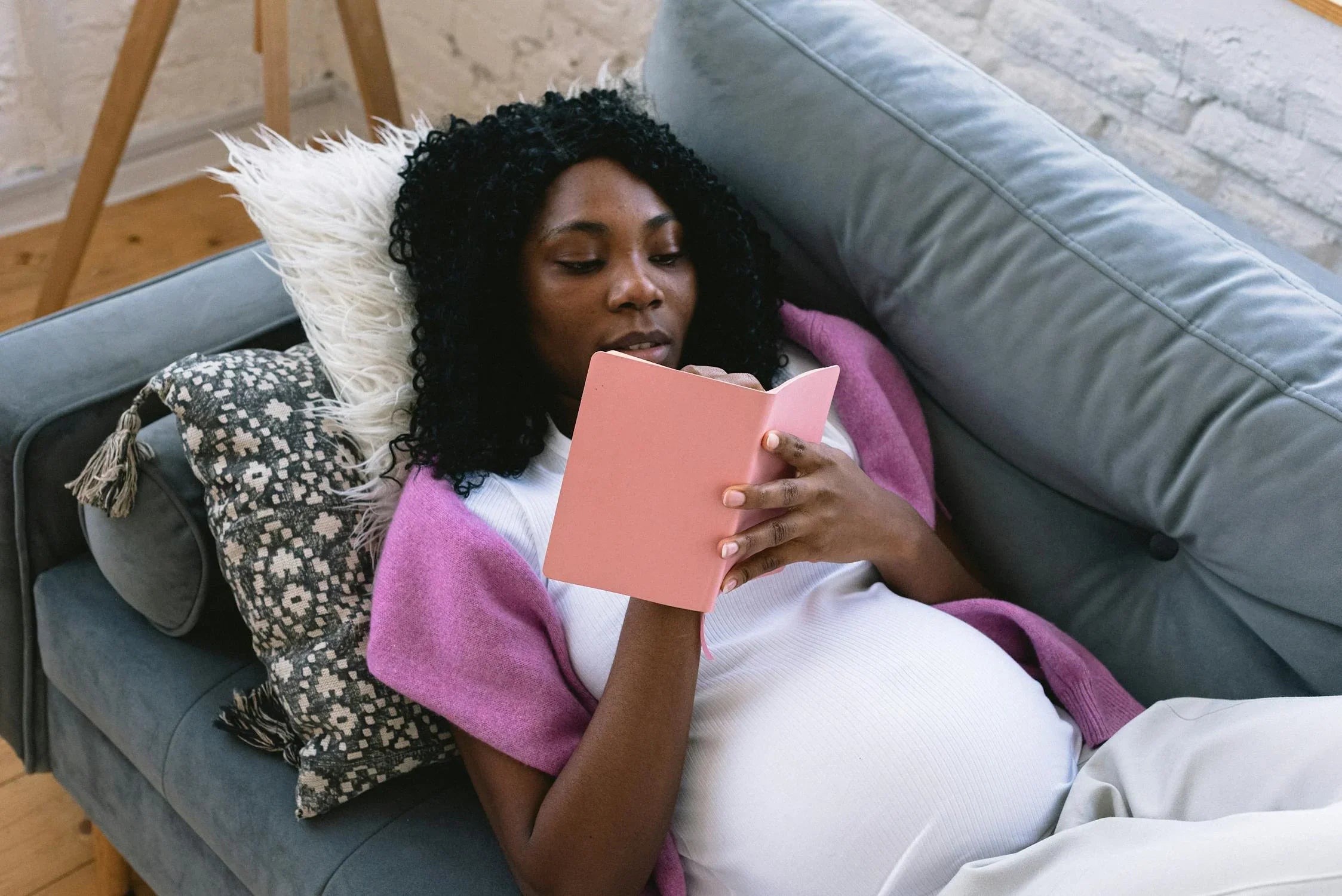Home
Pregnancy, Breastfeeding, and Pumping: The Ultimate Guide for Moms
Will a Pregnancy Test Work After a Week? What You Need to Know

Will a Pregnancy Test Work After a Week? What You Need to Know
If you're wondering, 'Will a pregnancy test work after a week?' you're not alone. Many individuals have questions about the timing and accuracy of pregnancy tests. Understanding how these tests function and the factors that influence their results can help you make informed decisions. Let's dive into the details to clear up any confusion.
How Pregnancy Tests Work
Pregnancy tests detect the presence of human chorionic gonadotropin (hCG), a hormone produced during pregnancy. This hormone is released when a fertilized egg attaches to the uterine lining. Most tests are designed to detect hCG in urine, while some use blood samples for greater accuracy.
Types of Pregnancy Tests
There are two main types of pregnancy tests: urine tests and blood tests. Urine tests are widely available and can be used at home, while blood tests are typically conducted in a healthcare setting. Both types aim to measure hCG levels, but blood tests can detect lower levels of the hormone earlier in pregnancy.
When to Take a Pregnancy Test
The timing of a pregnancy test is crucial for accurate results. Most tests are designed to detect hCG levels after a missed period, which is typically around two weeks after conception. Taking a test too early may result in a false negative, as hCG levels may not yet be detectable.
Will a Pregnancy Test Work After a Week?
If you're asking, 'Will a pregnancy test work after a week?' the answer depends on when conception occurred. If you take a test one week after unprotected intercourse, it may be too early to detect hCG. However, if you're referring to one week after a missed period, the test is more likely to provide accurate results. Always follow the instructions on the test packaging for the best outcome.
Factors Affecting Test Accuracy
Several factors can influence the accuracy of a pregnancy test. These include the sensitivity of the test, the timing of the test, and how the test is used. Drinking excessive fluids before taking a test can dilute hCG levels in urine, potentially leading to a false negative. Additionally, certain medications or medical conditions may affect hCG levels.
What to Do If You Get a Negative Result
If you receive a negative result but still suspect you might be pregnant, wait a few days and retest. hCG levels double every 48 to 72 hours in early pregnancy, so waiting can increase the likelihood of detecting the hormone. If you continue to experience pregnancy symptoms or have concerns, consult a healthcare professional for further evaluation.
When to Seek Medical Advice
If you've taken multiple tests with varying results or are experiencing unusual symptoms, it's important to seek medical advice. A healthcare provider can perform a blood test or ultrasound to confirm pregnancy and address any concerns you may have.
Understanding the nuances of pregnancy testing can empower you to make informed decisions. Whether you're asking, 'Will a pregnancy test work after a week?' or exploring other aspects of pregnancy detection, knowledge is your greatest ally. Stay informed, follow instructions carefully, and consult a professional if needed to ensure the most accurate results.
Share
